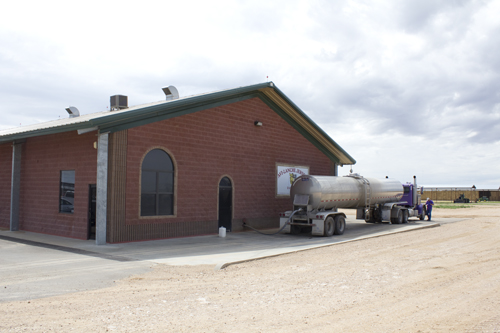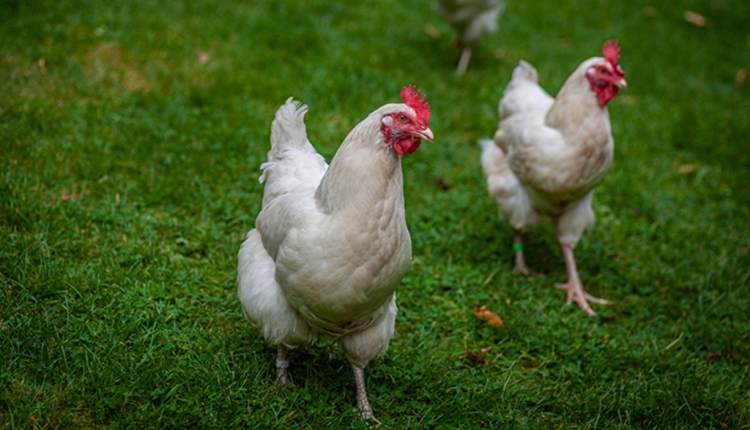
Even when the current farm bill expires on September 30, food stamps and crop insurance are all funded for the remainder of the fiscal year. While that is good short-term news, there is still a lack of certainty as farmers start making planting decisions for the upcoming year. Plus, there has been no congressional action taken on those suffering from the worst drought in over a half a century. While these matters have some time to be resolved, dairy may just be the biggest loser when the current farm bill expires at the end of the month.
Starting this September, the MILC (Milk Income Loss Contract) Program was essentially rendered useless because coverage levels are so low that MILC will not reach a trigger point. This is taking place despite all-time record feed prices.
Previously, MILC covered 45 percent of the difference between the target price and the actual price of Class I or beverage milk from the Boston market. At the beginning of this month, coverage levels reverting back to 34 percent of the difference. That's not all. The program's volume cap also fell from 2.985 million pounds of milk to 2.4 million.
When lawmakers created the previous version of the MILC program, they clearly anticipated that a new farm bill would be passed by this September. The above rules are only for this month as the program will expire all together on September 30. This will essentially leave farmers with no safety net as the House has not approved the new farm bill that includes a new margin insurance program that has been discussed extensively in previous issues of Hoard's Dairyman. As many know, a new farm bill has been approved by the Senate and the House Ag Committee, but no vote has been scheduled by House leadership.
Ultimately, the farm bill may see the light of day during the lame duck, post-election session of congress this November. It will be then that elected leaders will have to deal with the nation's tax and federal funding issues before January 1. As elected officials try to balance the books, the projected $33 billion in farm bill savings over 10 years in the proposed farm bill might start to look palatable to both sides of the aisle.
If no action is taken by January 1, legislation dating back to 1949 would kick in. That would mean dairy programs would be impacted first with dairy's price support rising to a minimum of $38 per hundredweight. The impacts would be so tremendous that it would force all legislators to the table to hammer out a deal.









